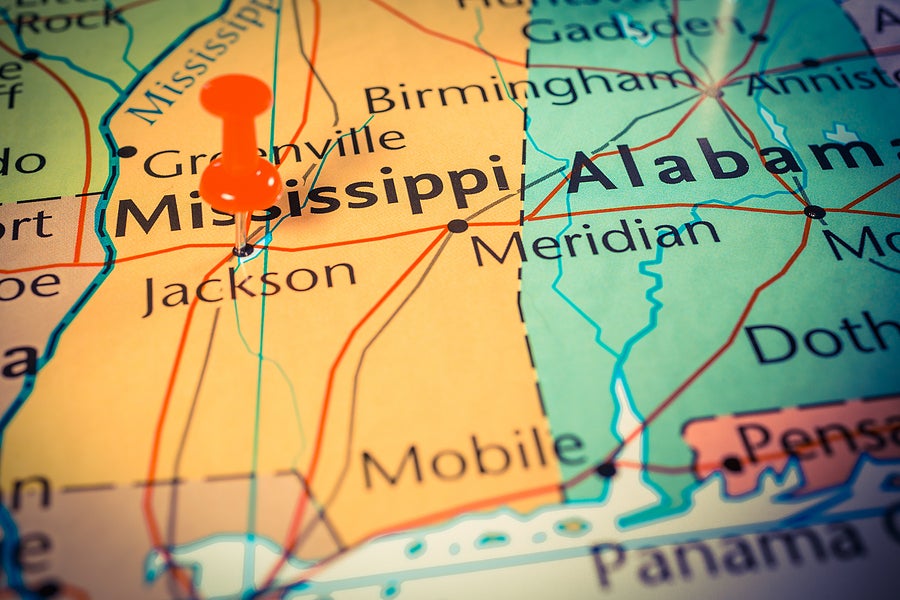The Georgetown University Center for Children and Families (CCF) is excited to formally welcome the Mississippi Center for Justice (MCJ) to the Finish Line network.
The Finish Line project is a nationwide initiative of the David & Lucile Packard Foundation to support state-based policy and advocacy organizations that are leading efforts to make advances in child and family health coverage. CCF anchors the Finish Line project and provides technical assistance to grantees while GMMB provides strategic communications support. With the support of the W.K. Kellogg Foundation, we’re excited to expand the Finish Line model to other states starting with Mississippi.
CCF will work alongside MCJ to provide policy analysis and data-driven solutions to help Mississippi move closer to the day when all of Mississippi’s children and families have access to the health care they need to succeed. The mission of the MCJ is to advance racial and economic justice, focusing on the needs of low-income Mississippians. As a Finish Line state, Mississippi will join the ranks of other regional partners, including organizations in Georgia, Kentucky, North Carolina, Tennessee, and Texas.
In a statement, MCJ said:
“MCJ is thrilled for the opportunity to work in partnership with national and state-based advocates who have a similar focus on topics such as identifying eligible but uninsured children and educating their families on how to apply for the Medicaid or CHIP program, engaging managed care organizations to identify specific covered services and working in coalition with partner organizations with a goal expanding Medicaid in Southern states that have not opted in thus far, all with the central mission of making sure children and families have access to quality and consistent health care, especially in the midst of a global health crisis. “
Since its inception in 2007, the Finish Line network has grown to encompass 22 states with comprehensive support anchored by the David and Lucile Packard Foundation and now joined by other national and state philanthropies such as the W.K. Kellogg Foundation and the Robert Wood Johnson Foundation.
The W.K. Kellogg Foundation (WKKF), founded in 1930 as an independent, private foundation by breakfast cereal innovator and entrepreneur Will Keith Kellogg, is among the largest philanthropic foundations in the United States. Guided by the belief that all children should have an equal opportunity to thrive, WKKF works with communities to create conditions for vulnerable children so they can realize their full potential in school, work, and life.
The Kellogg Foundation is based in Battle Creek, Michigan, and works throughout the United States and internationally, as well as with sovereign tribes. Special attention is paid to priority places where there are high concentrations of poverty and where children face significant barriers to success. WKKF priority places in the U.S. are in Michigan, Mississippi, New Mexico, and New Orleans; and internationally, are in Mexico and Haiti. For more information, visit www.wkkf.org.


